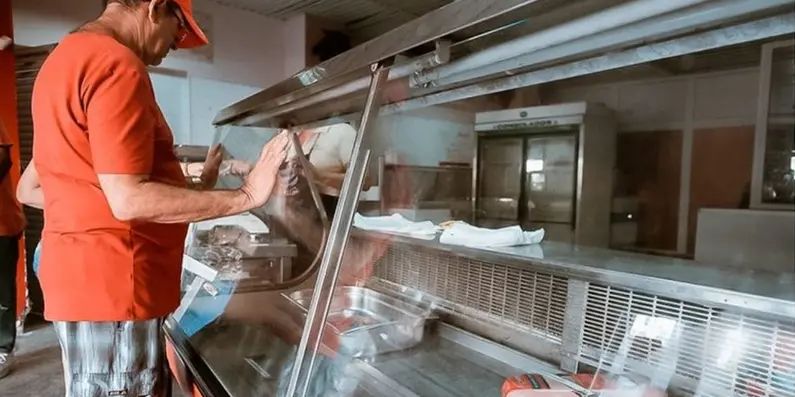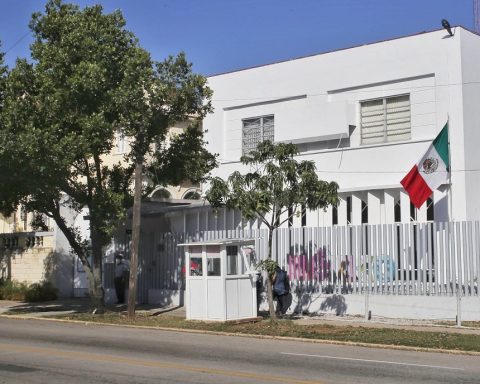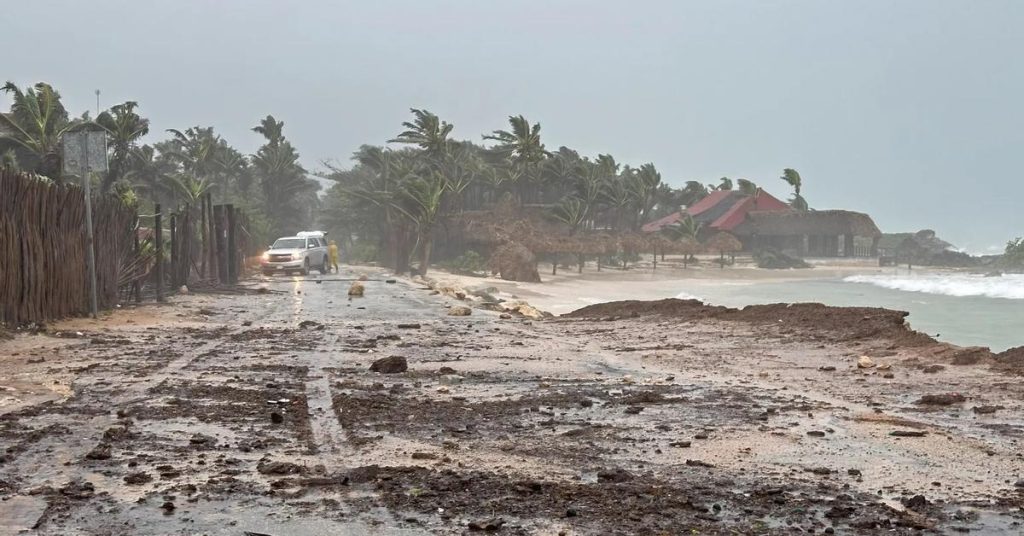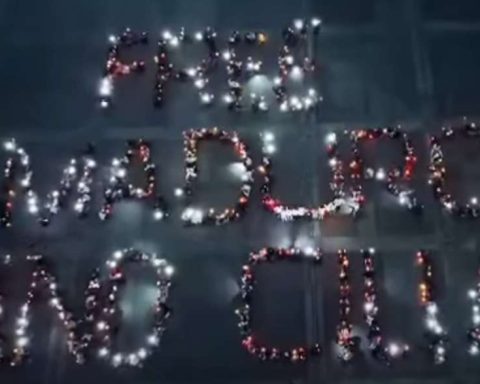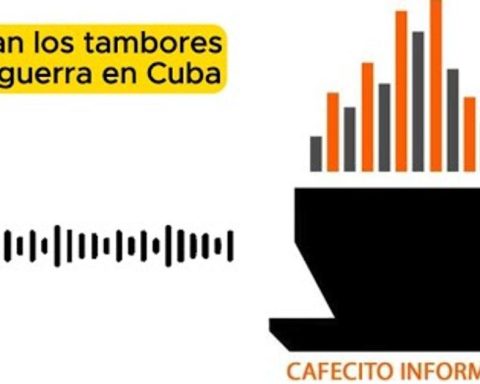MIAMI, United States. – The president of the Agri-Food Commission of the National Assembly of People’s Power (ANPP) of Cuba, Ramón Osmany Aguilar Betancourt, He acknowledged this Thursday the food production deficit on the Island.
In the report presented by the official to the Cuban deputies, serious problems affecting food production are noted, although attempts are made to justify them. “It is not possible to affiliate all private commercial fishermen to the social security system and for them to contribute as established by law,” said Aguilar Betancourt.
Despite a 48% increase in the issuance of fishing licenses compared to 2022, fishing companies have only purchased 104.7 tons of the 214.4 tons caught at the end of April. “It is up to the municipal administration councils to develop a work system that allows these economic actors to be served,” added the president of the Agri-Food Commission.
In Cuba, fishery products such as shrimp and lobster are intended exclusively for tourism and are not made available to the population.
Industrial food production also shows worrying figures. By the end of March, of a plan to stockpile 38,955 tonnes of milk, only 27,385 tonnes had been stockpiled, 70.3% of the plan. In the meat industry, the situation is no better: of a cumulative plan of 14,407 tonnes of beef, 7,753 tonnes have been delivered, 53.8%.
According to Aguilar Betancourt, the government has taken several measures to try to reverse the situation. Among them, the planting of 14.7 million fingerlings.
The report presented on Thursday also reveals that, despite the alleged efforts and measures implemented, food production in Cuba continues to face serious challenges; and that the lack of resources, corruption and administrative inefficiency contribute to a discouraging outlook for the country’s food sovereignty. “It is necessary to continue improving this indicator and strengthen work on values in the groups,” concluded Aguilar Betancourt.
A recent report The independent Cuban Observatory of Human Rights (OCDH) revealed that the food crisis constitutes the main social problem in the country (that is what 72% of those surveyed by the NGO indicated).
The study also indicates that in Cuba seven out of ten people have stopped eating breakfast, lunch or dinner due to lack of money or food shortages. Only 15% have been able to eat three meals a day without interruption.
For its part, the Cubadata pollster ensures that almost half of Cubans stopped eating at least one day in the second quarter of 2023 due to the severe food shortage on the island.
With no other alternatives, thousands of Cubans have opted to buy cheaper and less nutritious food, skip meals and, to a lesser extent, ask for help from family and friends. With these resources, those who suffer from the accelerated crisis survive. inflation and the shortage of supplies on the Island.
Follow our channel WhatsApp. Receive the information from CubaNet on your cell phone through Telegram.
